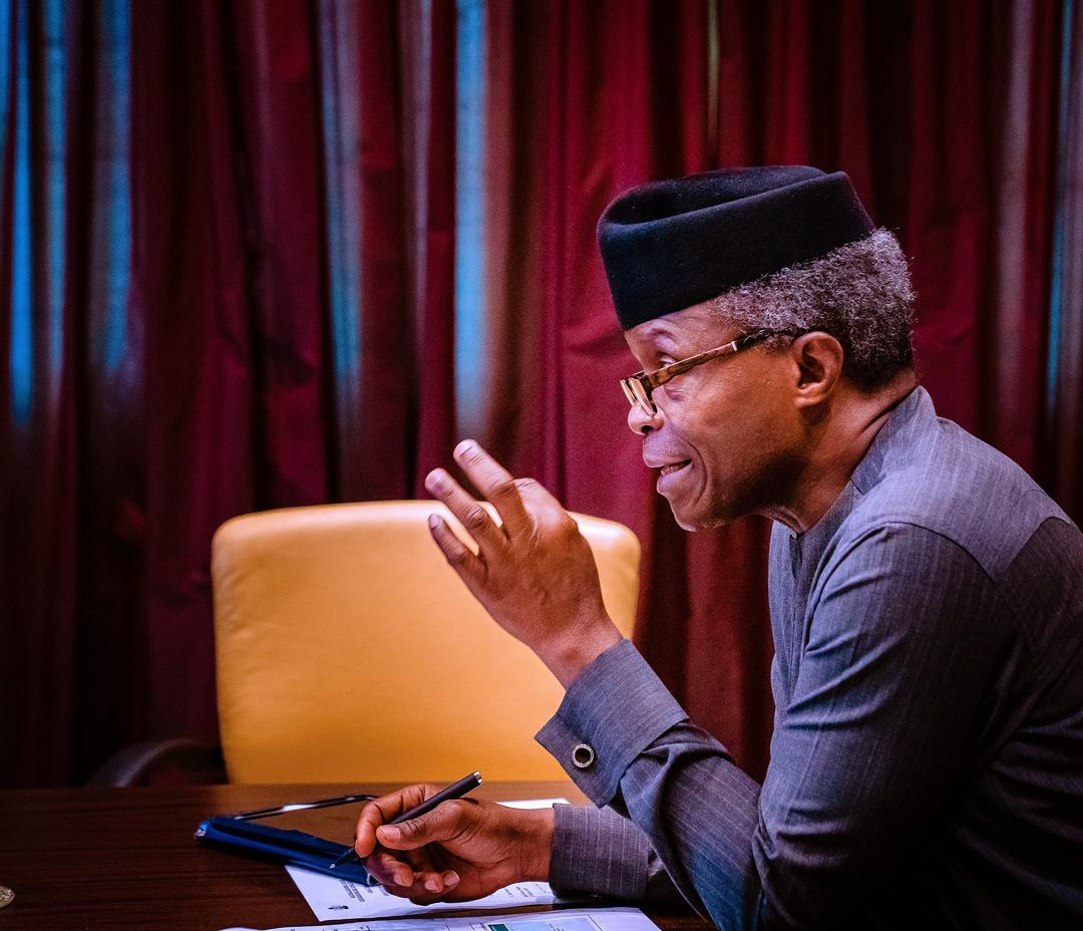Airtel Africa and UNICEF have announced a five-year pan-African multi-million-dollar partnership, in a move designed to help boost digital learning through connecting schools to the internet and ensuring free access to learning platforms across 13 countries. By providing equal access to quality digital learning, particularly for the most vulnerable children, the partnership will help to ensure that every child reaches their full potential.
“As a business, we have focused on education as a key area of our corporate social responsibility. We are delighted that this partnership with UNICEF will enable us to accelerate results. It also coincides with the launch of our new sustainability strategy, which lays out our commitment to education,” said Olusegun Ogunsanya, CEO of Airtel Africa. “We are excited to be working with UNICEF to advance the education agenda on the continent; through facilitating connectivity and online access to play a role in driving change,” he added.
“Hundreds of millions of children in Africa have seen their education disrupted or put on hold because of the COVID-19 pandemic,” said UNICEF Executive Director Henrietta Fore. “By championing digital education for children in Africa, great things are achievable. This partnership with Airtel Africa will help put children’s learning back on track.”
Airtel Africa has become the first African private sector partner to make a multimillion-dollar commitment to ‘Reimagine Education’, a global initiative launched by UNICEF in 2020 calling for public and private sector investment in digital learning as an essential service for every child and young person across the globe. Airtel Africa would be contributing $57 million, both financially and in-kind, over five years to 2027.
In addition to direct financial support, the programme will call on technology and expertise to connect schools and communities to the internet. It will enable free access to online educational content for learners. It will also provide vital data insights to inform UNICEF’s work to scale-up digital learning; they help ensure it is sustainable and meets students’ needs across Africa. The partnership will benefit learners in Chad, Congo, the Democratic Republic of the Congo, Gabon, Kenya, Madagascar. Other countries include Malawi, Niger, Nigeria, Rwanda, Tanzania, Uganda and Zambia.


